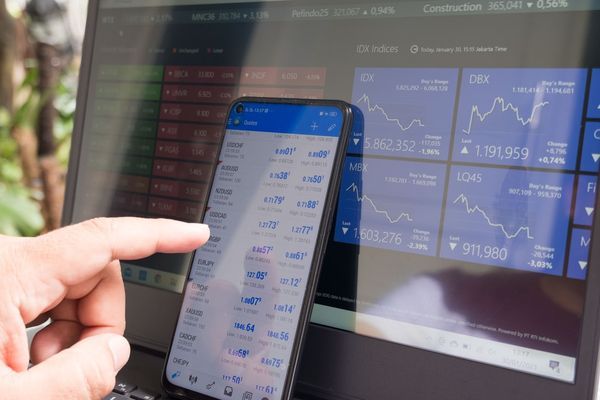The London Metal Exchange (LME) suspended trading in its nickel market after an unusual price spike left brokers struggling to pay margin calls against unprofitable short positions, in a massive squeeze that embroiled the largest nickel producer as well as major Chinese bank.
Nickel surged as high as 250% in two days to trade briefly above $100,000 a tonne early Tuesday. The largest move on the LME came as investors and industrial users who had sold the metal scrambled to buy the contracts back after prices initially surged on worries about supplies from Russia.
Also Read | Ukraine crisis: Energy stocks in focus as prices fluctuate
Trading in the nickel market was suspended as trading got underway on Tuesday. The LME later said it would cancel all nickel transactions that had taken place earlier in the day.
The LME raised margin requirements for nickel contracts by 12.5% to $2,250 a tonne, effective from the close of business on Tuesday.
Also Read | Rosneft-backed Nayara energy put under credit watch, says CARE ratings
The trading will be suspended for at least the remainder of the day, the LME said in a statement.
“The LME will actively plan for the reopening of the nickel market, and will announce the mechanics of this to the market as soon as possible” it added.
Also Read | UN to unveil Boss Beauties Ethereum NFTs on International Women’s Day
The exchange said it had been actively watching the evolving situation in Russia and Ukraine and it was evident that this had affected the nickel market, citing extreme price moves in Asian trading hours.
Commodity prices have been surging upwards on supply fears due to Russia’s invasion of Ukraine and a slew of Western sanctions raising disruption fears.
Also Read | Top Indian-origin women CEOs who are leading global companies
Apart from energy, Russia is a major producer and exporter of metals and grains. Russia is the world’s third-largest producer of nickel – a key ingredient in stainless steel and a major component in lithium-ion batteries.
Metal prices have surged as banks have reduced their exposure to Russian commodities and as shipping giants avoid the country’s key ports.







